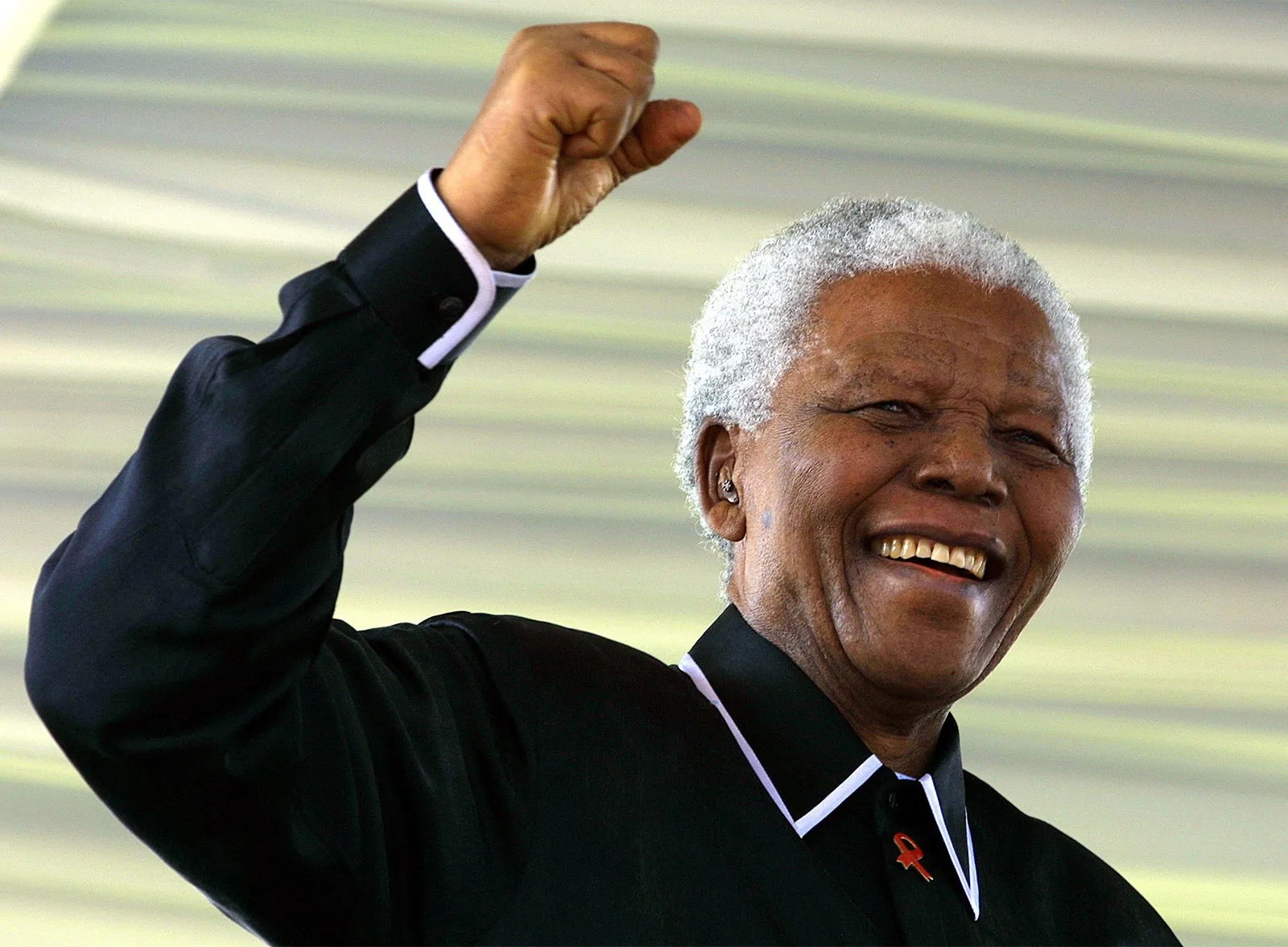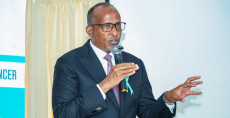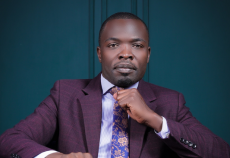- Mandela Day was established by the United Nations in 2009 to honour the legacy of Nelson Rolihlahla Mandela, born on this day in 1918.
- For 67 years of his life, Mandela devoted himself to the service of others — as a lawyer, a political prisoner, a peacemaker, and ultimately a president.
Every year on July 18th, the world pauses to remember a man whose life became a symbol of resilience, justice, and compassion. Nelson Mandela International Day — widely known as Mandela Day — is more than a tribute to the birth of South Africa’s first Black president.
It is a global call to action, urging individuals everywhere to dedicate time toward making the world more just, more equal, and more humane.
Mandela Day was established by the United Nations in 2009 to honour the legacy of Nelson Rolihlahla Mandela, born on this day in 1918. For 67 years of his life, Mandela devoted himself to the service of others — as a lawyer, a political prisoner, a peacemaker, and ultimately a president.
But Mandela Day is not just about what he did. It is about what each of us can still do.
In the years since its inception, the day has come to symbolise the idea that small acts of kindness — a few minutes of mentorship, a donation, a gesture of solidarity — can build towards larger change.
Read More
The spirit behind the campaign is simple: everyone has the ability to serve, and through service, we preserve the dignity of others.
This message resonates deeply in today’s world, where inequality, injustice, and political division remain widespread. From refugee crises and climate displacement to youth unemployment and food insecurity, many of the challenges Mandela spoke of during his lifetime remain unresolved. And yet, the power of collective action remains as strong as ever.
Mandela’s enduring message was clear: “It is in your hands to create a better world for all who live in it.” This belief forms the heart of Mandela Day — a reminder that each person carries the responsibility and the power to shape a more just, compassionate, and equal society.
Rather than leaving change to governments or institutions alone, Mandela called on individuals to step forward in whatever way they could. The day, therefore, is not only about honouring his life but about accepting the invitation to be part of the solution — to act, to serve, and to lead with purpose.
In Kenya and across Africa, the spirit of Mandela Day is particularly meaningful. The continent’s history is threaded with resistance and rebuilding, with ordinary citizens stepping in where institutions fail, with communities leading change from the grassroots.
Mandela’s values — unity, reconciliation, leadership through service — remain vital touchstones for a generation still navigating post-colonial complexities, governance struggles, and social transformation.
This year, Mandela Day arrives at a time when many are fatigued — from economic pressures, social tensions, and global uncertainty. But Mandela’s life offers a reminder that hope is not naïve, and that action, even when difficult, matters.
Mandela Day is not a public holiday, but its observance is deeply personal. It asks not for perfection, but participation. Not for grand gestures, but intentional acts.
Whether it's helping a neighbour, planting a tree, or simply listening to someone whose story deserves to be heard, Mandela Day teaches that real change begins where we are, with what we have.
As the world marks this day, the question is not just what Mandela would do — but what will we do, in his honour?






-1769608133-md.jpg)



